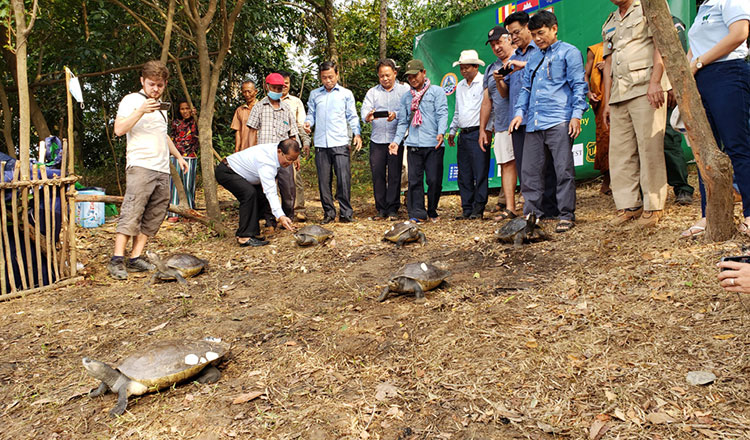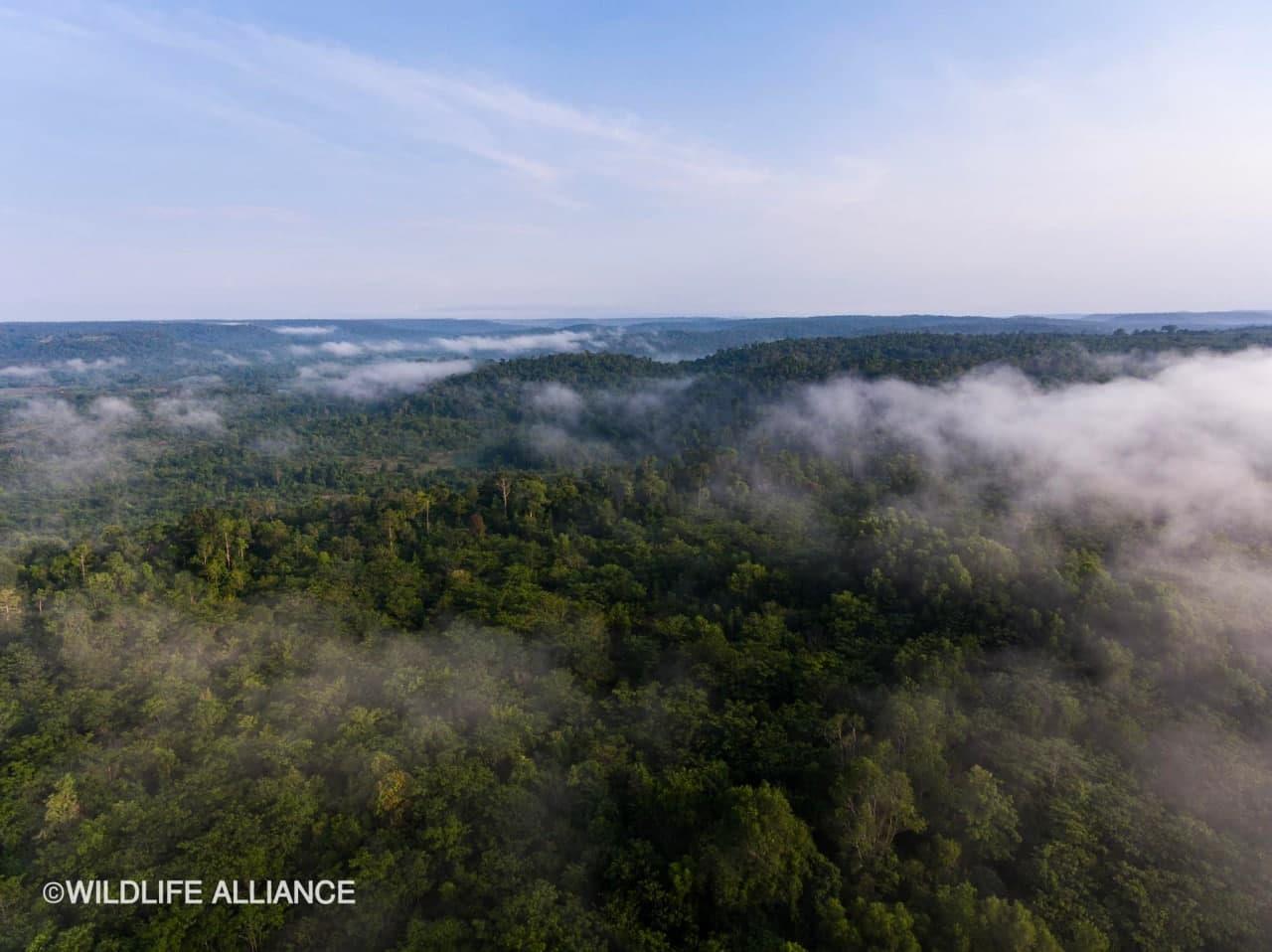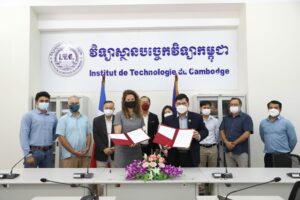Waste management highest priority for city councils
Two years ago, seven Cambodian cities committed to a sustainable city strategic plan to address environmental issues, with waste management being one of the highest -priority issues among most of the cities, according to a Global Green Growth Institute (GGGI) 2019 annual report.
Waste management, like many other Cambodian cities, has been a prevalent problem in the city, with its previously unreliable trash pickup schedules which led to a build-up of waste in areas such as markets.
One of the seven Cambodian cities mentioned, Battambang followed GGGI’s “analysis of the city’s waste value chain, including generation, storage, collection, transport, recycling and disposal” to create a set of recommendations to improve waste management in the city.
Recommendations included establishing a tracking system for the separation of organic and plastic waste from households, promoting the use of compost among farmers, raising awareness about recycling and improving the governance of waste management. A particularly important point mentioned by GGGI Country Representative Karolien Casaer-Diez was the inconsistency in the quality and quantity of separated wet and dry organic and plastic waste.
“Generally speaking they are well advanced on institutional arrangements,” GGGI Country Programme Officer Jerome Fakhry explained.
One of the recommendations, delegating authority to Sangkat leaders, a district’s subdivision of which there are 10 in Battambang, is already underway so that leaders can “work closely with the municipality to get a better reach out to the population.”
“Having information flow on the ground is important as well, so how do you get to the people… the municipality can do information campaigns as well but this responsibility is better to delegate to the Sangkat so they can reach the local community,” Fakhry continued, adding that through a two-way flow of information, municipalities can communicate with local communities.
The decentralization of waste management in Battambang’s municipality to its Sangkat leaders is done to ensure the needs of each community are met within the municipality.
“The municipality will then organize collection by the private sector, with payment to the schools for the recyclable material, resulting in a win-win situation for all parties involved,” the report continued.
“The project will be of particular benefit to the schools that have no waste collection services available to them”.
In fact, the pre-existing local recycling businesses are partly what made the city’s sustainable story successful, Casaer-Diez explained.
“We focused on existing businesses in Battambang. We built on what was already there,” Casaer-Diez said. GGGI helped the local recycling businesses come up with new ideas, along with “improving material flow to them, improving quality and quantity.” She added that a lot of time and money goes into separating a lot of inorganic and organic products.
The project helped to train market cleaners to place waste in separate bins for organic and recyclable waste and established a consistent waste-collection schedule with private waste collection company CINTRI and local businesses that are responsible for the recyclable waste.
Since GGGI’s involvement, Casaer-Diez stated that organic waste, referring to non-recyclable and compostable waste pickups saw an increase from four to five tonnes per day from 2018 to eight to 10 metric tonnes daily as of 2020, adding that the volume is still increasing. Similarly, plastic waste recyclers have seen an increase from three to 10 tonnes of plastic per month in 2018 to 15-20 tonnes monthly by 2020.
The GGGI project began at the end of 2018, with workshops agreeing on recommendations throughout 2019 and the local coordinator starting in December last year. Khmer Times







